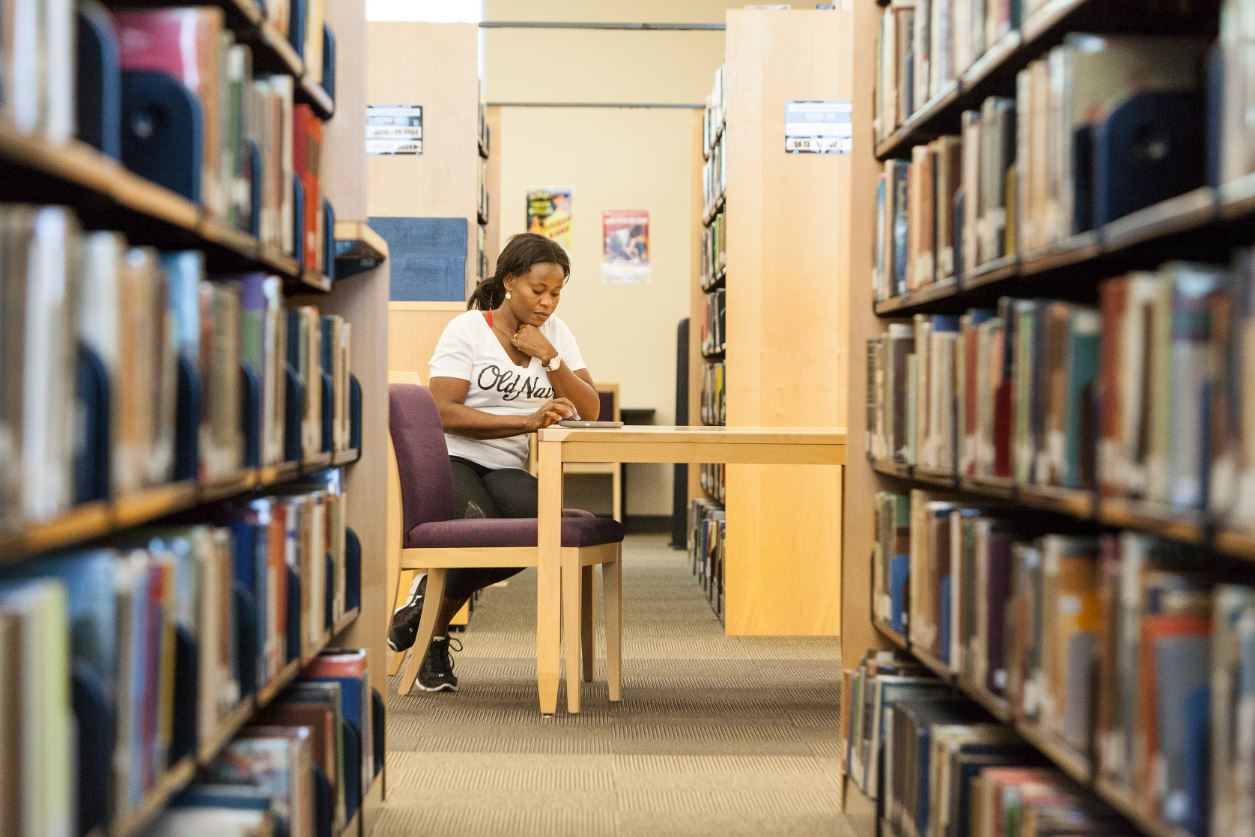Higher Education Commissioner Talks COVID-19, Equity and Student Success
Published Sep 23, 2020 by Sophia Guevara
COVID-19 has had a significant impact to higher education institutions’ enrollment, operations, workforce and students. To understand how the public higher education institutions have responded to the pandemic and to hear the state’s perspective on higher education at a systems level, the Partnership hosted Commissioner Harrison Keller of the Texas Higher Education Coordinating Board (THECB) for its annual State of Education event.
COVID-19 Resilience
Commissioner Keller shared how the pandemic has impacted enrollment. He detailed summer increases in enrollment and declines in the fall, with the most vulnerable student populations being disproportionally impacted. Commissioner Keller outlined how the agency has accelerated initiatives within THECB, namely a program called GradTX 2.0., which seeks to re-enroll students who have not yet obtained a degree or credential necessary for success in the economy.
The pandemic exposed the increased risk of unemployment for those without a degree or credential, whose employment is often linked to the service and retail industries. With degree or credential attainment, students position themselves for greater opportunity, increased earning potential, adaptability to a changing job market, and upward mobility. GradTX 2.0 will launch with as a pilot in the Houston region before expanding statewide.
Equity in Higher Education
The role of higher education institutions in addressing equity across communities was also discussed. We know that a degree or credential of value is key to opportunity, so it is essential that institutions increase completion rates and support vulnerable populations. However, access to funding can often be a barrier to students’ completion. As the most diverse city in the country, demographically, Houston serves a higher percentage of minority students in its higher education institutions yet the institutions receive less funding than others in Texas. Addressing this disparity, which is indexed in the state’s higher education funding formula, will allow Houston institutions to continue their work in educating and creating opportunities for all.
Academic Excellence and the Economy
Finally, the Partnership announced the launch of the Greater Houston HUB (Higher Ed United with Business) initiative, comprised of Houston higher education institution presidents and business leaders seeking to develop the region as a center for academic excellence aligned with future economic growth. The HUB will serve as a vehicle to expand collaboration across higher education and business, while also allowing the Partnership to work with state agencies and organizations to bolster the region’s education ecosystem and talent pipeline. A system of strong higher education institutions is critical to maintaining the region’s competitiveness.
To connect with the Partnership’s policy team on higher education issues, please contact Tiffani Tatum (Director, Public Policy). Learn more about Greater Houston HUB and Workforce Development in Houston.
 The Houston Report
The Houston Report




















